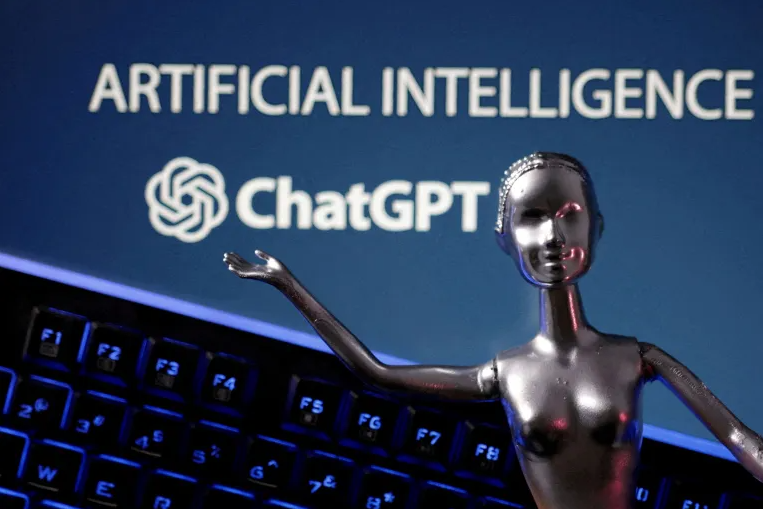
Most business leaders expect the number of business or general purpose jobs performed by generative artificial intelligence to more than double by 2024. Chris Levanes, South Asia Marketing Head at Telstra, stated that early adopters of this technology in 2023 mostly deployed it for automating repetitive non-essential tasks, as they require less human supervision.
Up to 85% of survey participants anticipate using generative artificial intelligence to automate repetitive non-essential tasks by 2024, with 77% expecting its implementation in customer service and 74% in strategic analysis.
The report, describing these plans as highly “ambitious,” pointed out several obstacles to widespread deployment of generative artificial intelligence next year, specifically IT resources and capabilities.
Less than 30% of participants classified their IT features in their companies as facilitating rapid adoption of generative artificial intelligence, while those implementing generative artificial intelligence expressed less confidence in their IT infrastructure to support the new technology.
Meanwhile, 56% of respondents stated that their investment budgets in IT were a restricting factor in introducing generative artificial intelligence.
Up to 77% of participants cited organization, compliance, and data privacy issues as major barriers to rapid deployment of generative artificial intelligence, a significant concern for the generative artificial intelligence ecosystem since the technology emerged at the end of 2022 after OpenAI released the famous GPT model.
Since then, this technology has led to numerous copyright lawsuits related to materials created by artificial intelligence, and major companies have also faced leaks of sensitive information and security issues due to their usage.
Speaking to the media at the launch of a report by the Massachusetts Institute of Technology in Singapore on Monday, Lawrence Liu, Director of Artificial Intelligence Innovation in Singapore, emphasized that addressing these risks will require robust governance structures and security protocols for artificial intelligence models.
Liu said, “Companies need to ask themselves, do we have the appropriate governance, and are our internal documents segmented or securely properly?” noting that companies want to avoid having artificial intelligence models that can be tricked into disclosing private information such as employee salaries.
Leave a Reply